Not Just Daring Democracy, But Living It!
The Importance of Active Participation
Democracy is not only a political system but a lifestyle, a continuous practice, and a communal endeavor. In a time when democratic values are under global pressure, it is not enough to merely speak of democracy or to theoretically dare it. Instead, we must actively live and embody democracy.
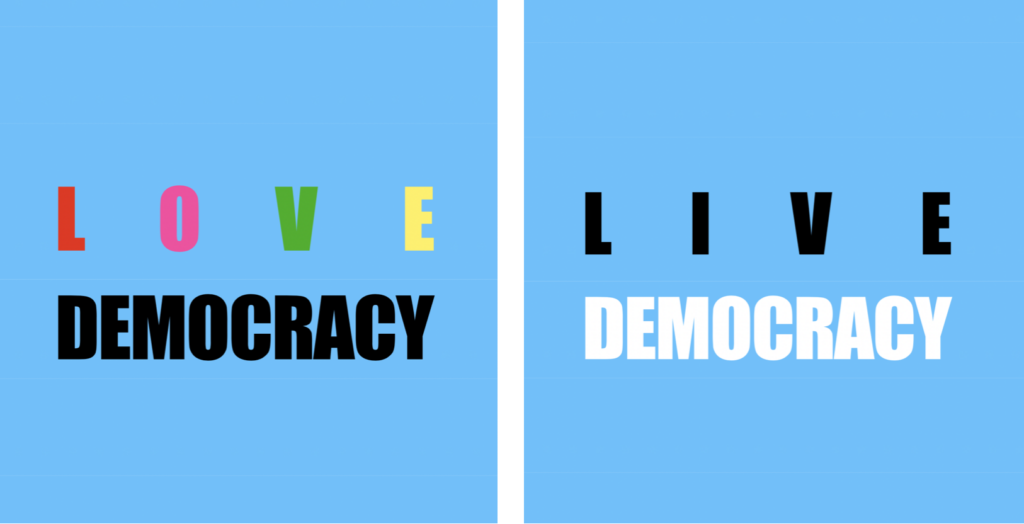
Civil Society and Citizen Initiatives
A strong democracy needs a strong civil society. Citizen initiatives, NGOs, and local community projects play a central role in promoting democratic values and citizen participation. They provide platforms for discussions, organize actions, and advocate for social justice. In Europe, the movement "Pulse of Europe" has shown how civil society engagement can influence political processes and promote a European identity. Projects like "Reconciliation of Values" and "Remember the Future" are also excellent examples of promoting democracy through art and artists. The WINTER STIFTUNG Hamburg supports democratic processes through networked artist promotion and particularly through cultural contacts in Germany, Europe, and beyond.
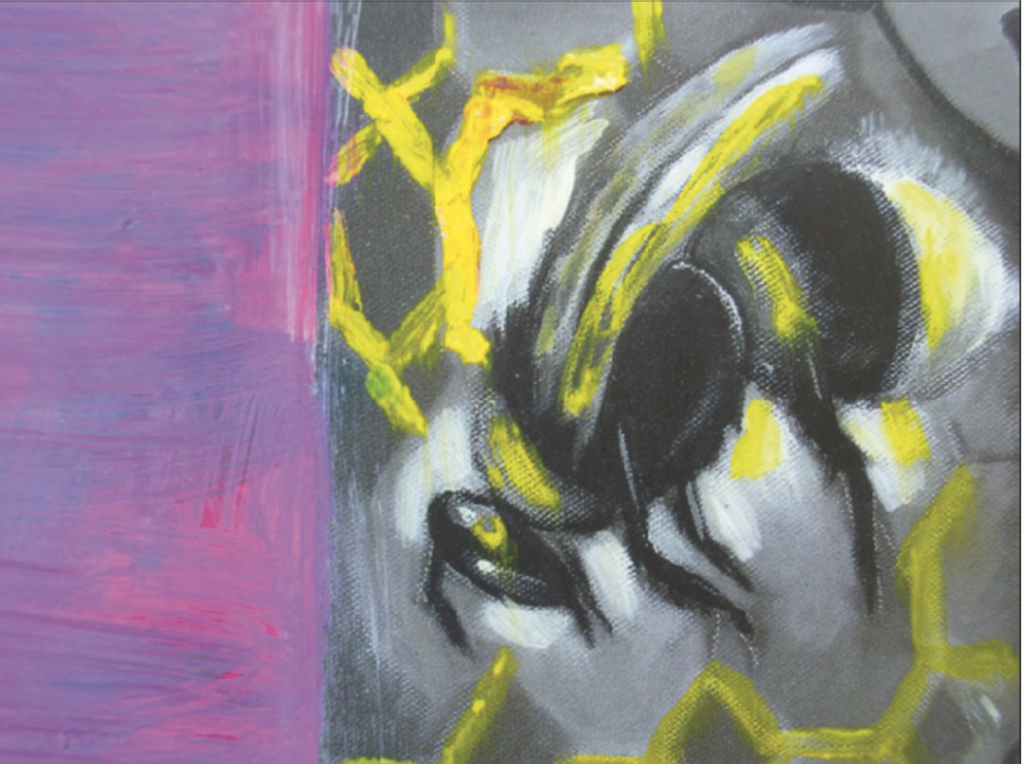
Demand for Active Participation
Democracy thrives on the active participation of its citizens. Therefore, it is not enough to go to the polls every four or five years. Daily participation means being informed, engaging in discussions, and committing to community concerns. The importance of discourse and the possibility of participation in public are the core of democratic will formation. Democracy must be desired and loved.
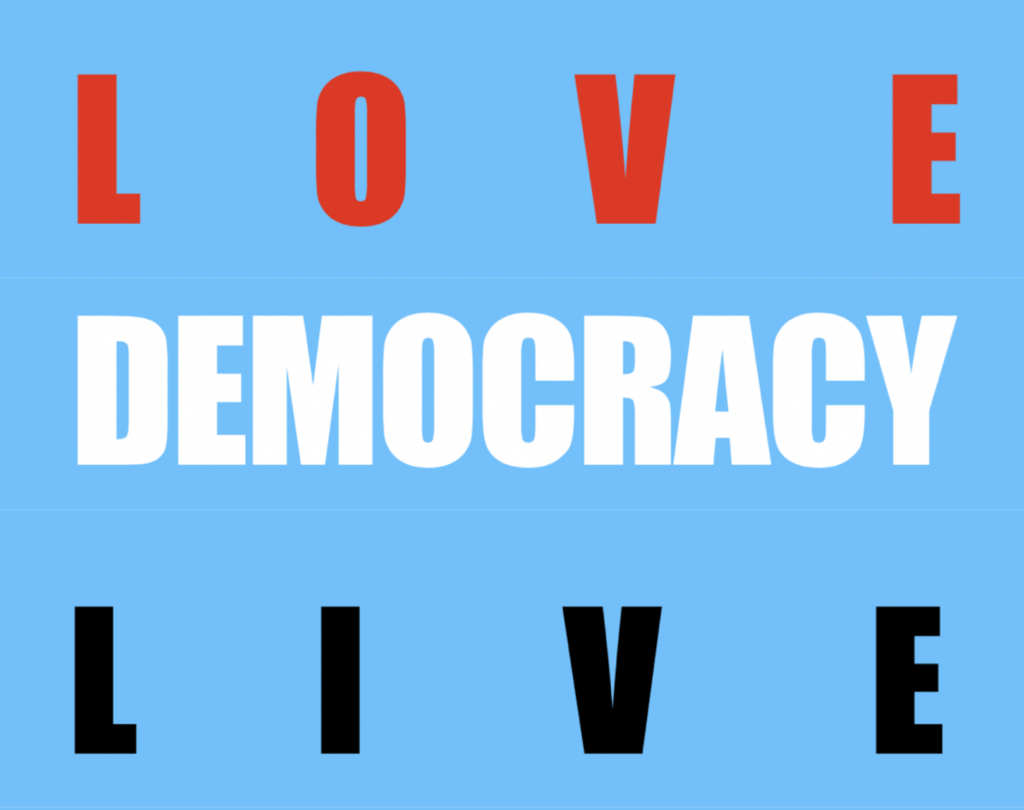
Education as the Foundation of Democracy
Education is a fundamental pillar of a functioning democracy. Informed citizens are essential for democracy. Education requires more than knowledge; it must aim to make young people active and engaged citizens who appreciate and defend democratic values. A democratic education system promotes critical thinking, tolerance, respect, and understanding of political processes. Art is an indispensable medium for communication and interpretation. It can convey profound messages, cultural values, and social commentary. Of course, the interpretation of art is often subjective and depends on the individual viewer. Art is more than aesthetics and beauty, but in this way, it reflects the society in which it is created.
Digital Democracy
In an increasingly digital world, the internet offers new opportunities for democratic participation. Online platforms can give citizens a voice and increase the transparency of government processes. In Estonia, a pioneer of digital democracy, e-Residency and online voting are examples of how technology can enhance democratic participation. However, digitization also poses challenges such as fake news and cyberattacks that can undermine trust in democratic institutions. Therefore, it is essential to promote digital literacy and develop critical media competence.
Challenges and Dangers
Democracies worldwide face various challenges. Populism, authoritarian tendencies, and the erosion of trust in democratic institutions threaten stability. In Europe, we see this already in many countries where the principles of the rule of law are under pressure. It is, therefore, crucial not only to protect democratic processes but also to actively work on promoting a democratic culture.

Democracy as a Lived Practice
Living democracy means realizing it daily in our actions and decisions. It means taking responsibility, being in solidarity, and actively participating in shaping our society. Only through this continuous practice can we ensure that democratic values and principles not only endure but also strengthen. It is up to us to make this vision a reality and to not just dare democracy but to live it.
See also our next blog contributions about:
- The role of artists and cultural institutions in promoting democracy.
- Artists as mediators of democratic values.
Further Information:
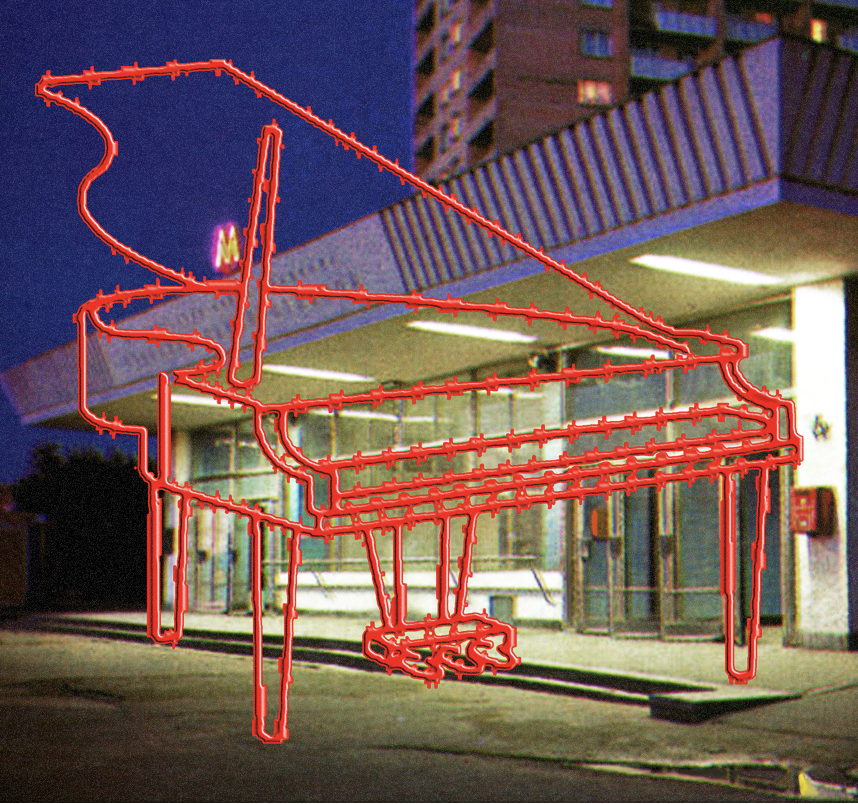
75 Years of the Basic Law
To mark this anniversary, celebrations will be held from May 24 to 26, 2024. Around the Berlin government district, starting with a state ceremony on Constitution Day on May 23, 2024, all citizens are invited to a diverse program supported by the federal states, civil society organizations, and representatives of the federal government.
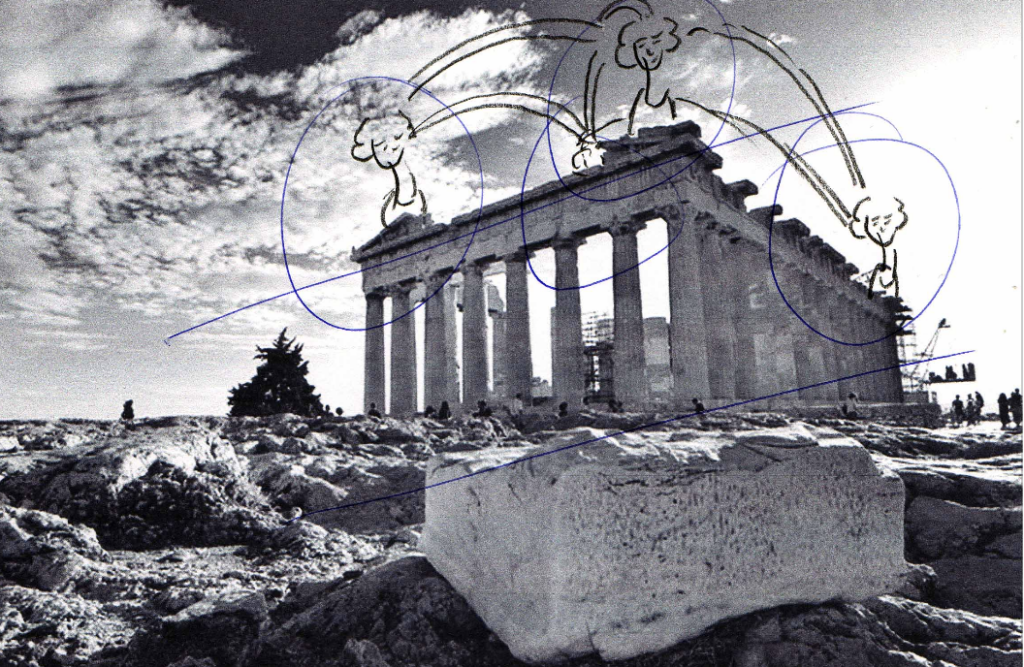
International Day of Democracy
In 2007, the United Nations General Assembly designated September 15 as the International Day of Democracy. The goal of this day is to promote and defend the principles of democracy. Democracy is a political system in which the people should play a fundamental, co-determining role. Essential features of democracy are free elections, the majority principle, respect for political opposition, constitutionality, and protection of fundamental rights and human rights. This requires the peaceful commitment of each individual and access to education and political participation.
Contribution by Peter Merten, Leonardo Safiriou with the support of A.P. Astra, Michael Jansen, Heinz Zolper.
This initiative is entirely artist-based and is not dependent on any external influences.
